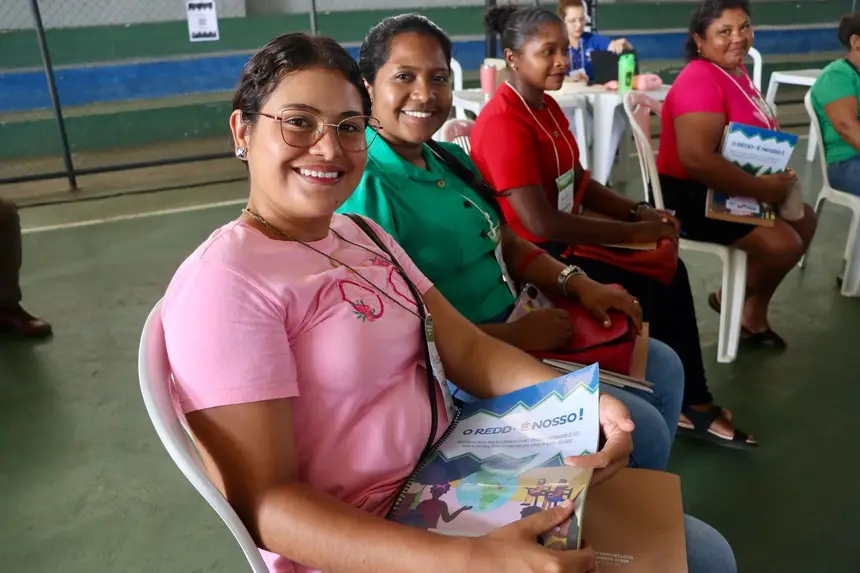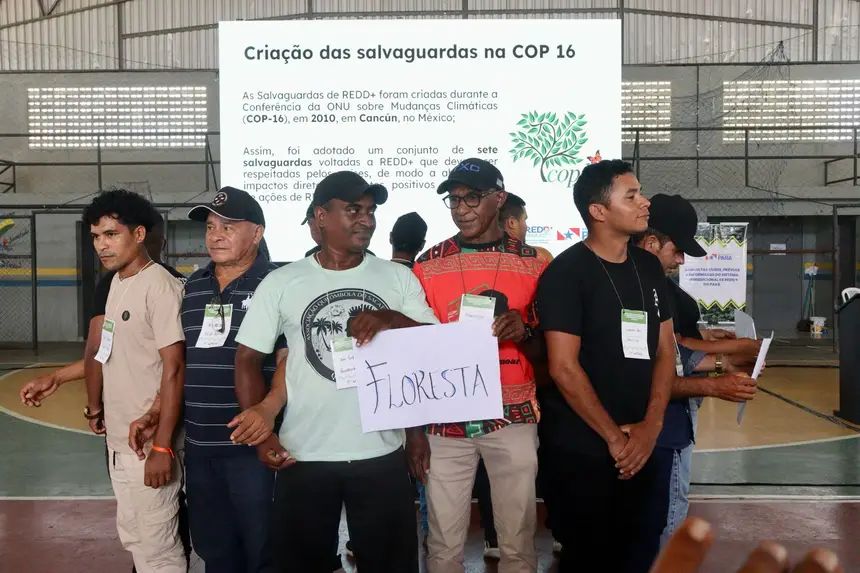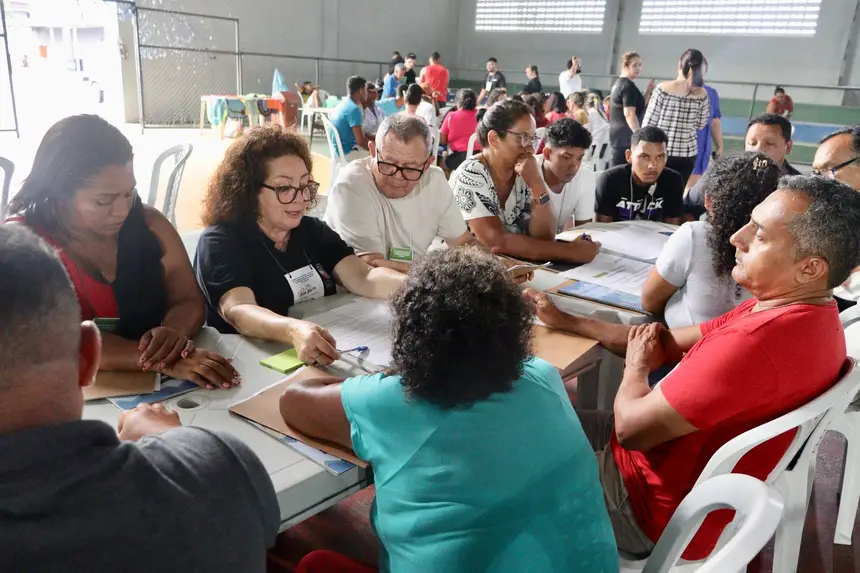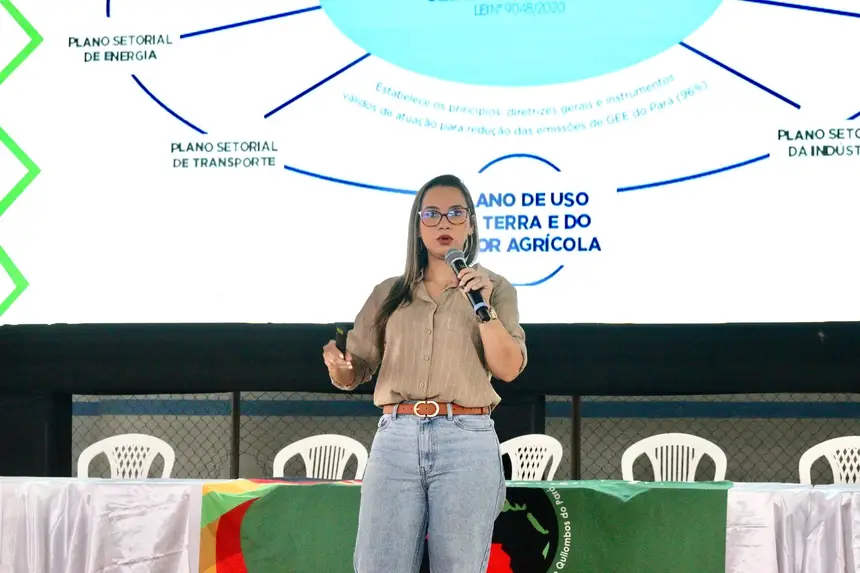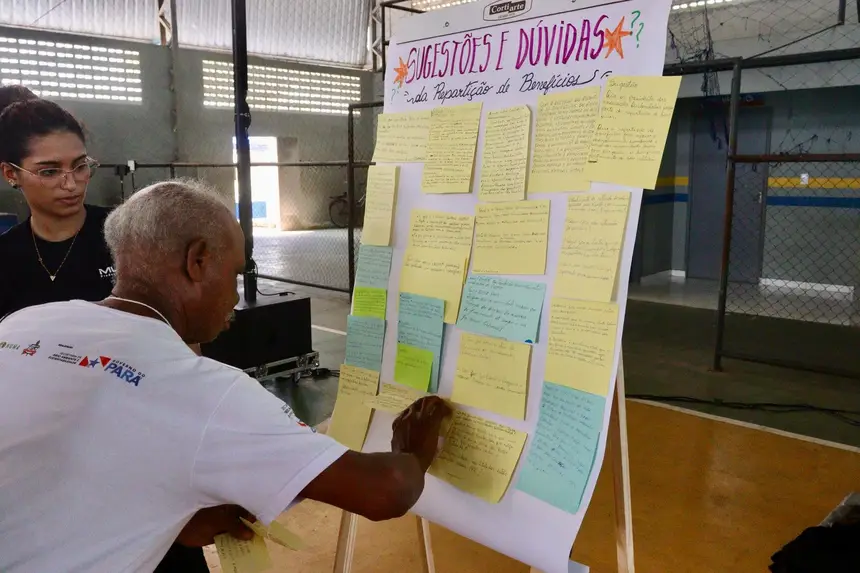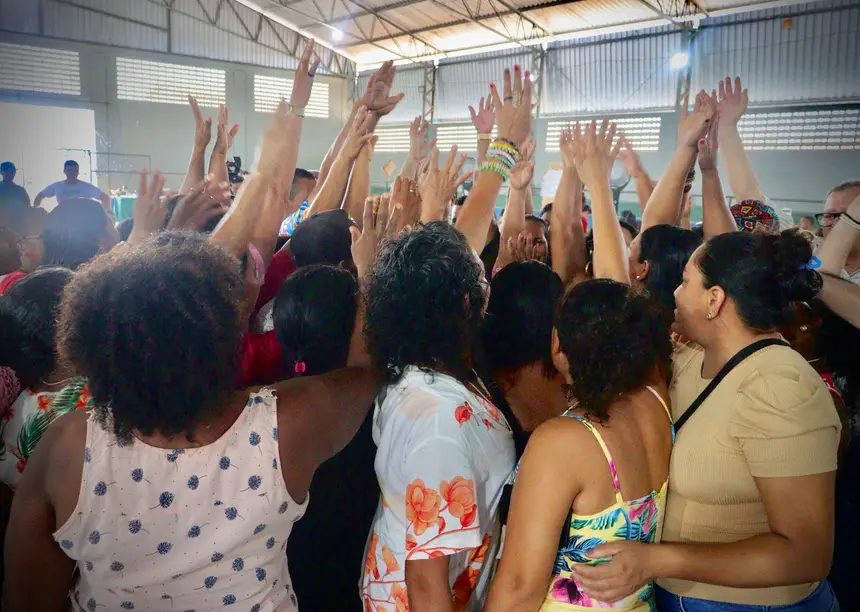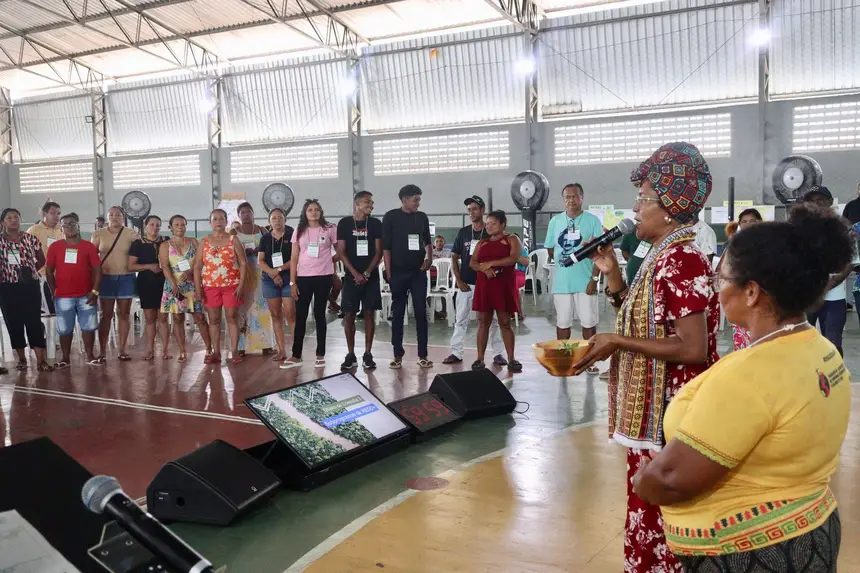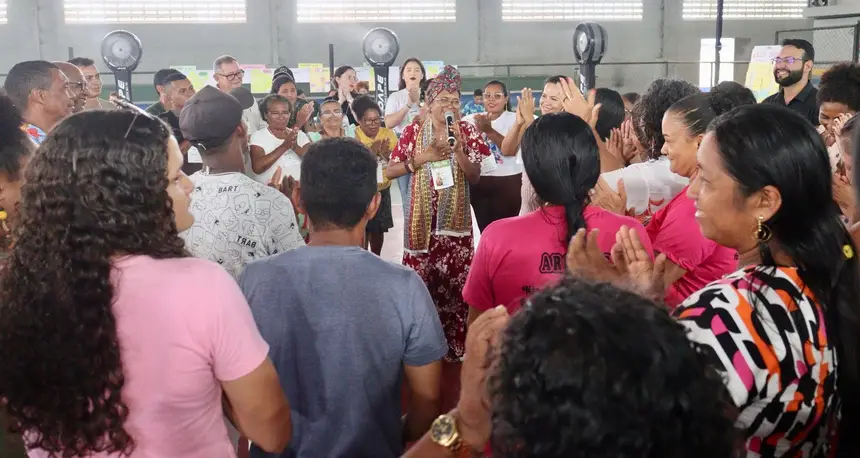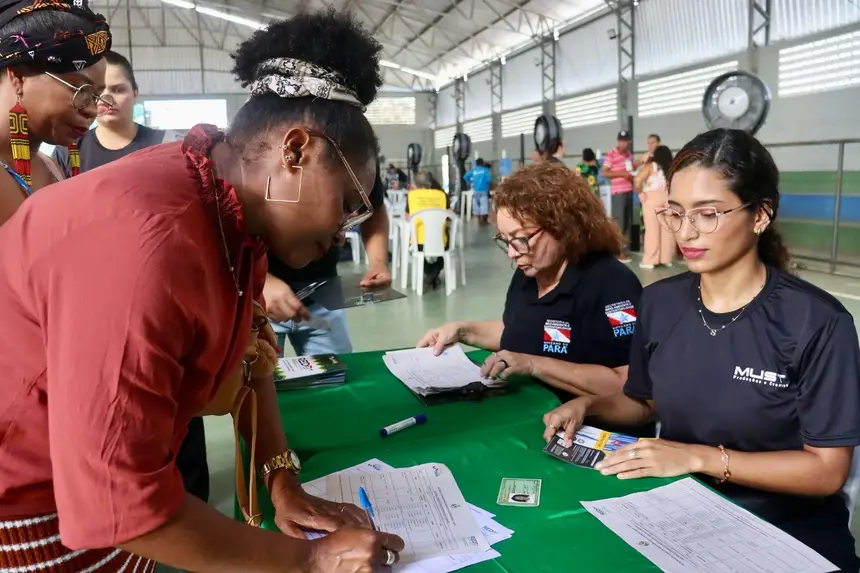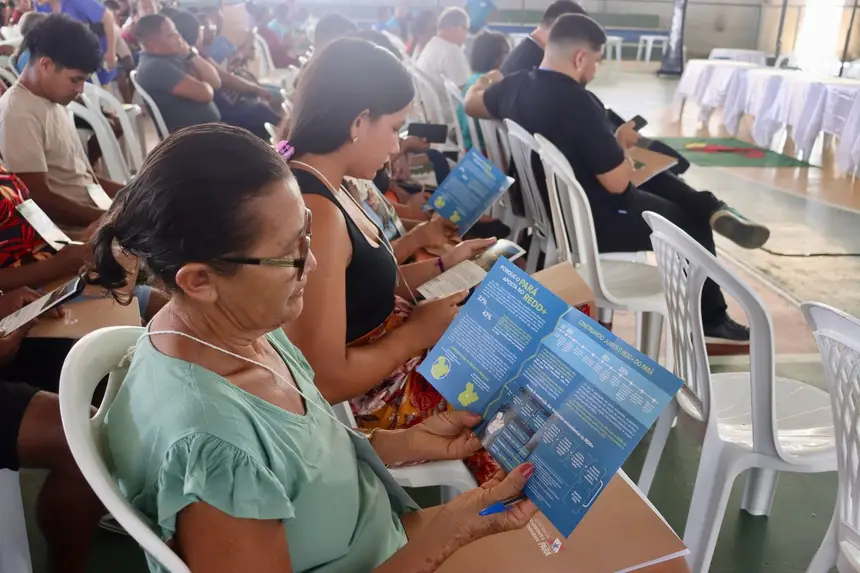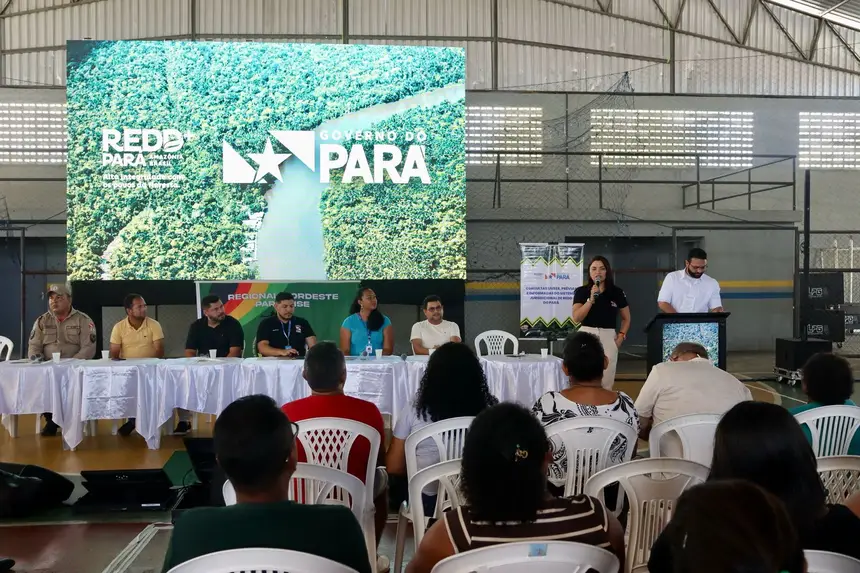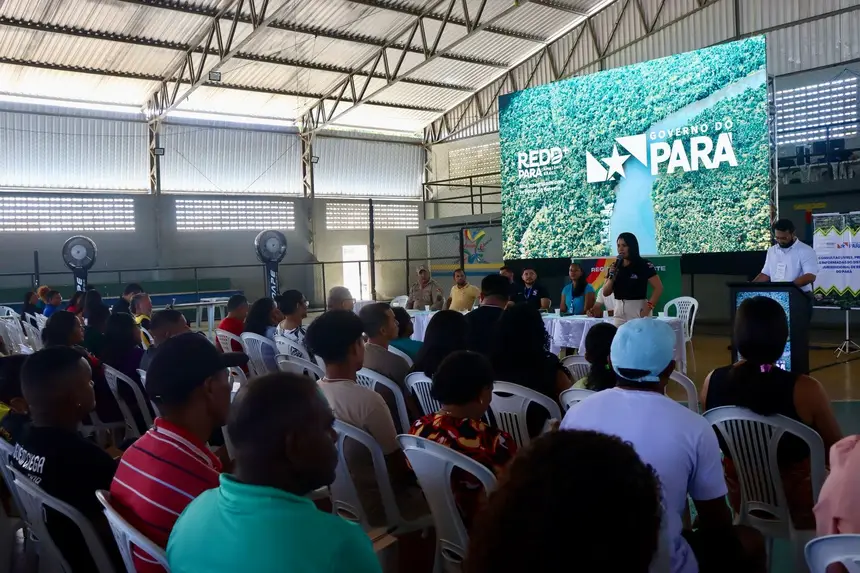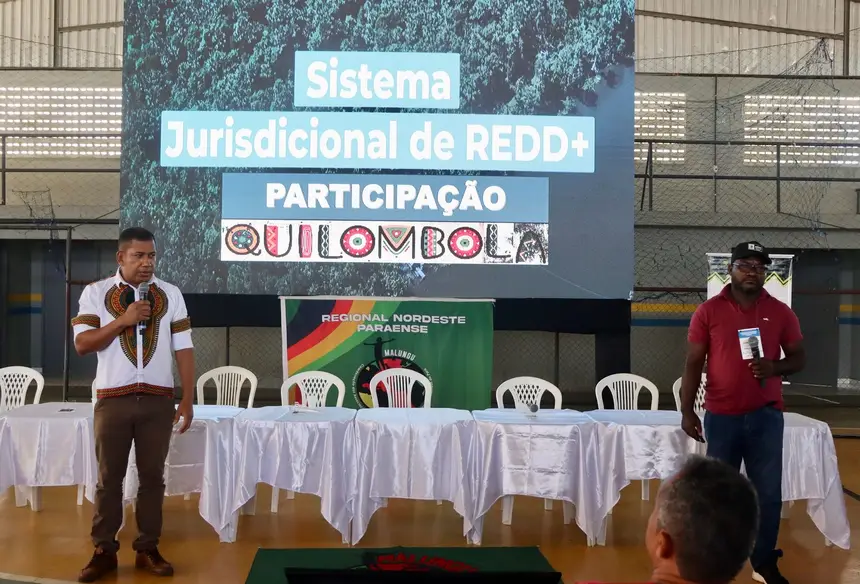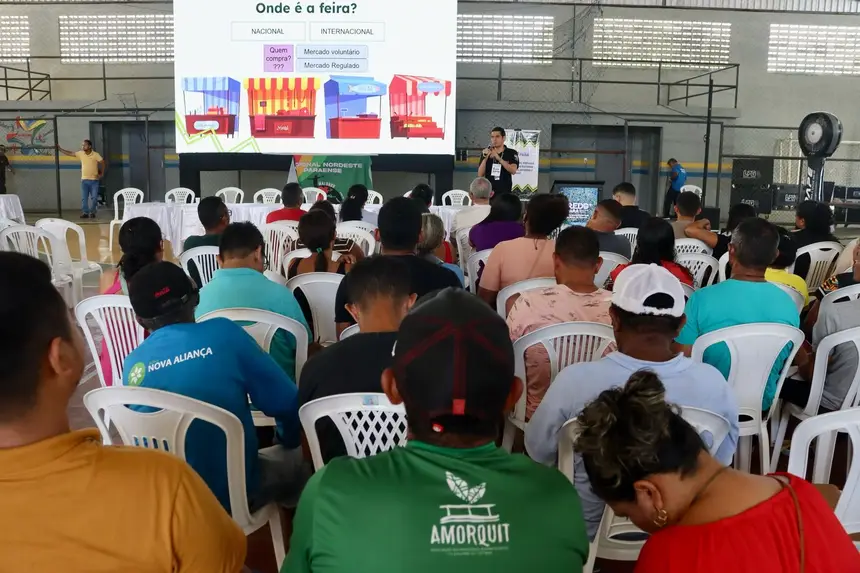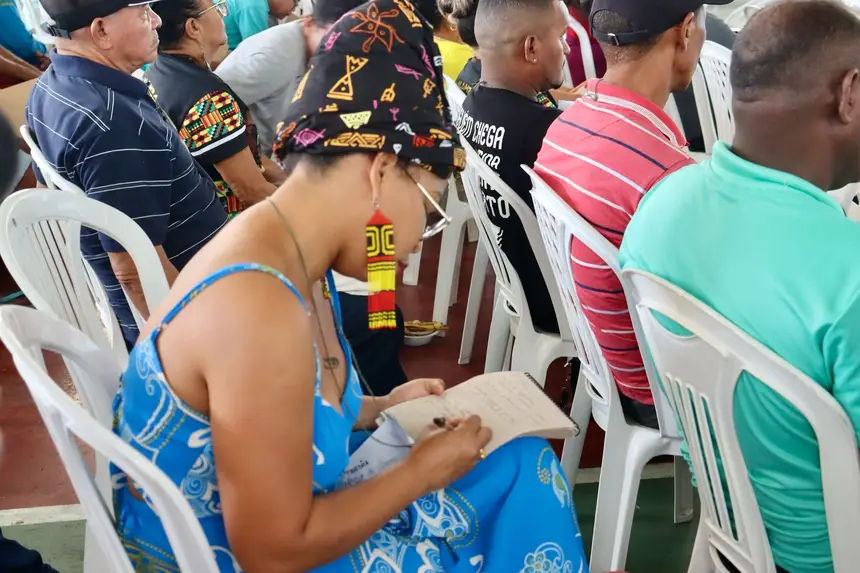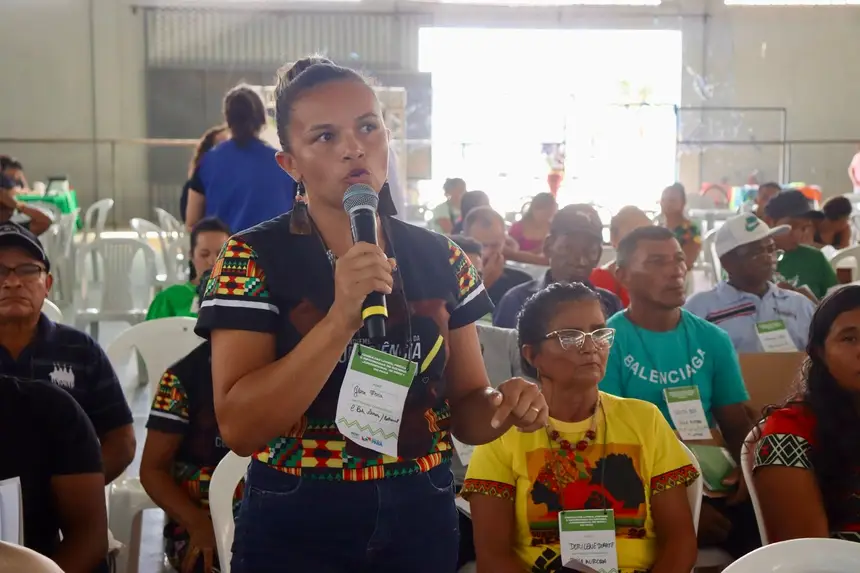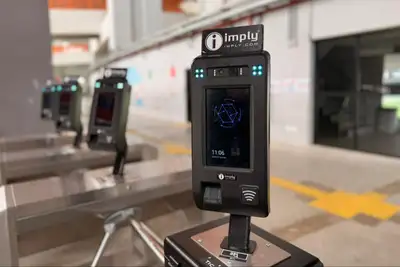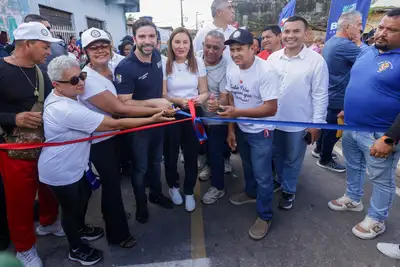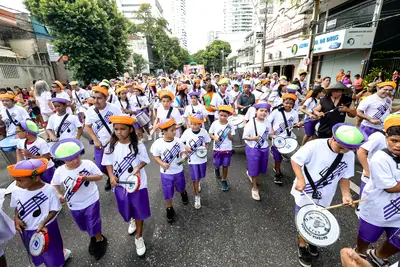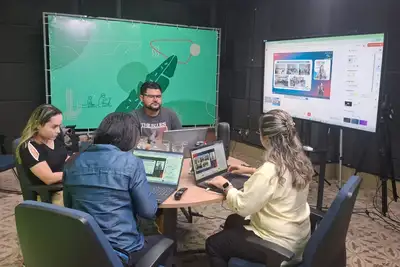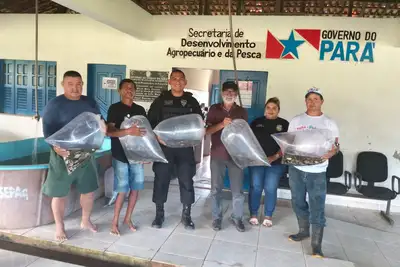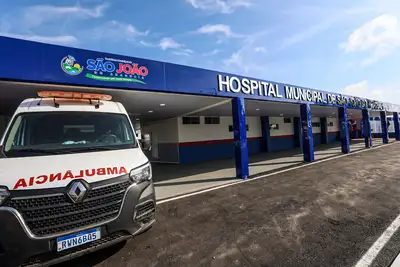SJREDD+: State continues the largest consultation process with traditional communities
Historic listening process strengthens the participation of traditional peoples in the construction of environmental policies and the generation of carbon credits
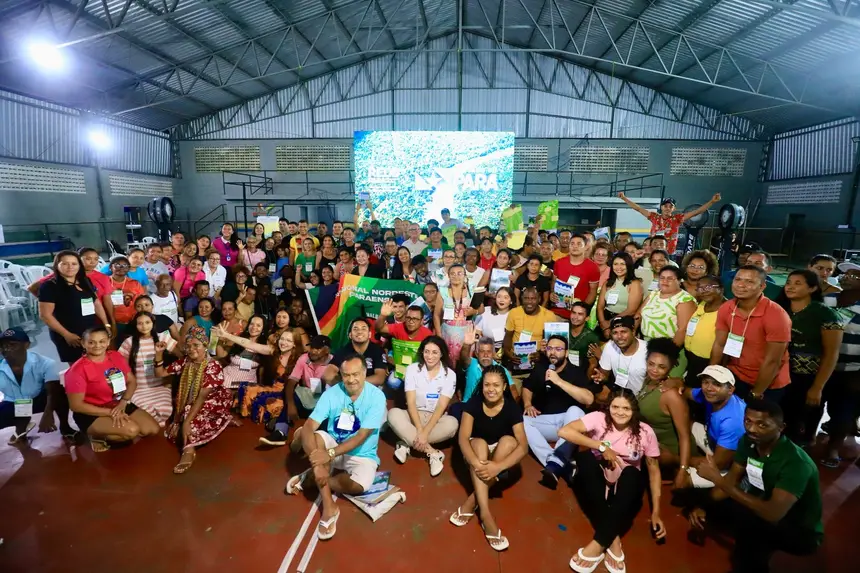
The Government of Pará started, this week, another stage of the Free, Prior and Informed Consultation (CLPI) process with quilombola communities in northeastern Pará. The initiative is a fundamental part of building the Jurisdictional REDD+ System (Reducing Emissions from Deforestation and Forest Degradation), a tool that will enable the generation of carbon credits in the state. In total, 47 consultations are planned, making it the largest listening process ever conducted with traditional communities in Pará.
“This process represents a historic milestone in the construction of environmental public policies, with active participation from traditional communities. The Jurisdictional REDD+ System aims to be a model of climate justice anchored in dialogue and the recognition of the knowledge and rights of the peoples who guard the forest,” highlighted Raul Protazio Romão, Secretary of Environment, Climate and Sustainability of Pará.
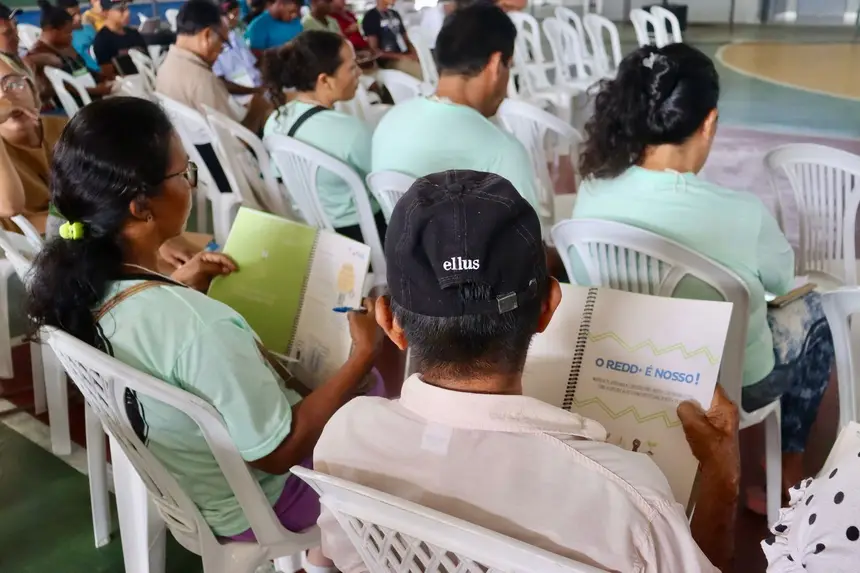
The current consultation takes place from June 10 to 13 and follows a methodology developed jointly between quilombola leaders and the State, with informative panels, group dynamics, debates, open space for contributions, and community meetings.
The Deputy Secretary of Water Resources and Climate Management, Renata Nobre, emphasized the importance of direct dialogue with the communities. “Our commitment is to build a legitimate, transparent system that strengthens traditional territories in the face of climate change, aligning forest preservation with improved quality of life,” she stated.
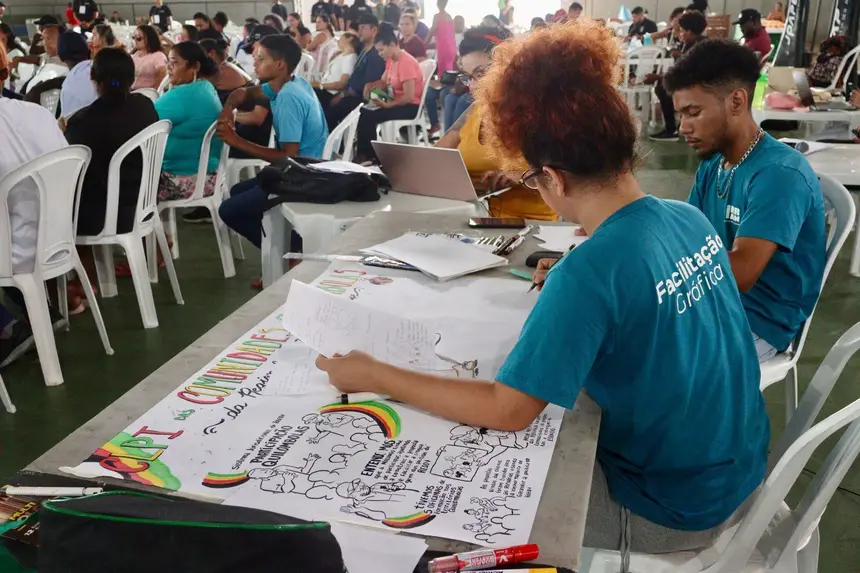
The program includes presentations on the State Plan for CLPIs, the process of building REDD+ in Pará, the State System of Safeguard Information (SISREDD+), legal aspects of the Jurisdictional REDD+ System, and mechanisms for access and benefit-sharing.
Representatives of the communities highlighted the importance of the moment. “This is a struggle that comes from our ancestors. Today, alongside other communities with similar histories, we feel that our voice is being heard. We are learning gradually and better understanding this process,” emphasized Leiane Nascimento, a resident of the Pimenteira quilombo in Santa Luzia do Pará.
Terezinha dos Santos, president of the quilombola community of Cuxiú, in the municipality of Bonito, also celebrated the consultation's realization. “It was a joint effort from the state and federal governments that looked at our region. I believe that united we can secure our rights.”
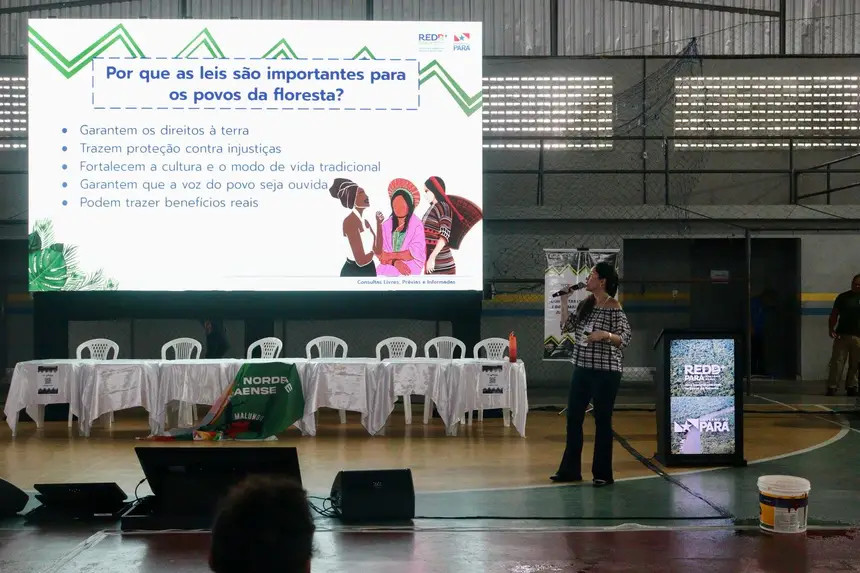
The consultations with quilombola communities will be 17, held in Abaetetuba, Ananindeua, Aurora do Pará, Baião, Barcarena, Cachoeira do Arari, Cametá, Gurupá, Mocajuba, Moju, Óbidos, Oriximiná, Salvaterra, Santa Luzia do Pará, Santarém, São Miguel do Guamá, and Castanhal, where it has already occurred. The process follows the guidelines of Convention 169 of the International Labour Organization (ILO), which ensures the right of traditional peoples to prior and informed consultation on measures that directly affect them.
The Jurisdictional REDD+ System of Pará seeks to ensure that the benefits of environmental preservation reach traditional communities and indigenous peoples directly, promoting sustainable development and respect for collective rights.



